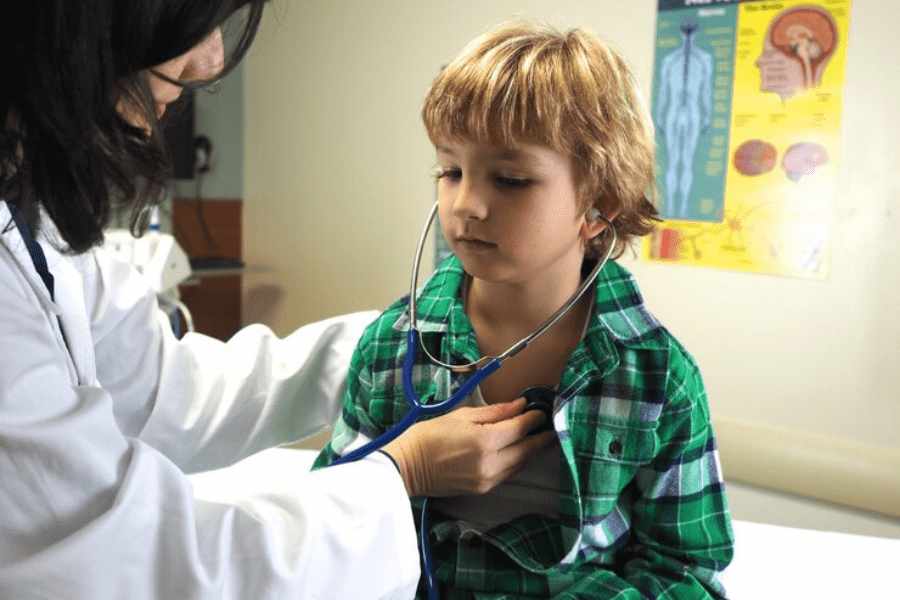Autism Spectrum Disorder
Overview
Autism encompasses a range of conditions impacting communication and socialization, characterized by challenges in transitions, heightened focus on details, and unique sensory responses.
Individuals with autism experience varying degrees of difficulty, with some achieving independence while others require lifelong assistance with daily tasks.
Finding employment and pursuing education can also be more challenging for those with autism.
Additionally, families providing care for individuals with autism face their own set of challenges. Recognizing the diverse ways autism manifests underscores the need for tailored support and understanding. Despite the hurdles, individuals with autism possess unique strengths and abilities that contribute to their communities when provided with appropriate support and opportunities.


Symptoms
• Difficulty in comprehending what others are thinking or feeling. People with autism often struggle to understand social cues and nonverbal communication such as facial expressions, tone of voice, and body language.
• Experiencing excessive anxiety in social situations. Social situations can be overwhelming for people with autism, leading to increased anxiety and stress.
• Struggling to form friendships or preferring to be alone. People with autism may find it challenging to connect with others and may prefer to spend time alone rather than socializing.
• Finding it challenging to express one's emotions. People with autism may have difficulty identifying and expressing their emotions, making it hard for others to understand how they are feeling.
Causes & Risks
Autism Spectrum Disorder (ASD) is a complex condition influenced by genetic and environmental factors:
• Genetic predisposition: Family history and specific mutations contribute to ASD likelihood.
• Advanced parental age: Older parents, particularly fathers, increase the risk of ASD.
• Prenatal exposures: Maternal infections, medications, toxins, or birth complications impact ASD development.
• Early brain development: Disruptions before, during, or after birth affect ASD risk.
• Gender discrepancy: Boys are more frequently diagnosed with ASD than girls.
• Preterm birth and low birth weight: Premature or low birth weight infants have a slightly increased ASD risk.


Test & Diagnosis
• Diagnosing autism spectrum disorder (ASD) lacks a straightforward medical test, posing challenges for doctors and parents.
• Developmental history analysis involves assessing if the child meets age-appropriate milestones like walking and speaking.
• Behavioral observations entail evaluating social interactions, play, and communication for signs of difficulty.
• Screening tools like the Modified Checklist for Autism in Toddlers (M-CHAT) aid in identifying children at risk for ASD.
• Diagnostic assessments, conducted by specialists, involve comprehensive evaluations of behavior, communication, and development.
• ASD diagnosis may not occur early, and children often receive it later in life, emphasizing the complexity of the diagnostic process.
Treatment
• Autism Spectrum Disorder (ASD) affects interaction behavior and social communication with no universal cure available.
• Various interventions exist to manage symptoms and improve outcomes, but effectiveness varies individually.
• Tailored therapies are vital, highlighting the importance of personalized approaches.
• Structured programs offer promise in alleviating ASD symptoms.
• Professional evaluation and collaboration with specialists are crucial for developing customized treatment plans.
• Accessing appropriate therapies empowers individuals with ASD to navigate life more effectively, emphasizing the significance of individualized interventions.


Living With
Living with a family member who has ASD can profoundly affect the entire household, extending from parents to siblings and even distant relatives like grandparents, aunts, and uncles.
Meeting the multifaceted needs of an individual with ASD can present considerable challenges, causing emotional, physical, and financial strain on families.
Caregivers often experience exhaustion and stress due to the demanding responsibilities associated with ASD care. In such circumstances, respite care emerges as a vital resource, offering caregivers essential breaks to recharge and prioritize their well-being. Families can alleviate the burden of constant caregiving through respite care services, fostering a healthier and more sustainable caregiving environment.
This enables families to better navigate the complexities of living with ASD and enhances their ability to provide ongoing support and care for their loved ones with ASD.
Complications
• Autism Spectrum Disorder (ASD) presents diverse challenges beyond its core symptoms.
• Individuals with ASD may encounter various complications affecting different aspects of their health.
• These complications encompass feeding difficulties, sleep disturbances, and gastrointestinal issues.
• Additionally, conditions like epilepsy, ADHD, anxiety, and depression are common in those with ASD.
• Recognizing and addressing these complications are essential for optimal care.
• Healthcare professionals have a vital role in providing appropriate treatment and support to improve the quality of life for individuals with ASD.


The Content is not intended to be a substitute for professional medical advice, diagnosis, or treatment. Always seek the advice of your physician or other qualified health provider with any questions you may have regarding a medical condition.
Know more about
Our Healthcare Planner
Personal Health Planner at BNC is a support staff who listens to your concerns and connects you with a Neuro Care provider. They prioritize your needs and create a trusting relationship between you and the provider.
Three fundamental values we can assure you:
1. Personalized Healthcare.
2. Most advanced robotic therapies
3. Transparent pricing





